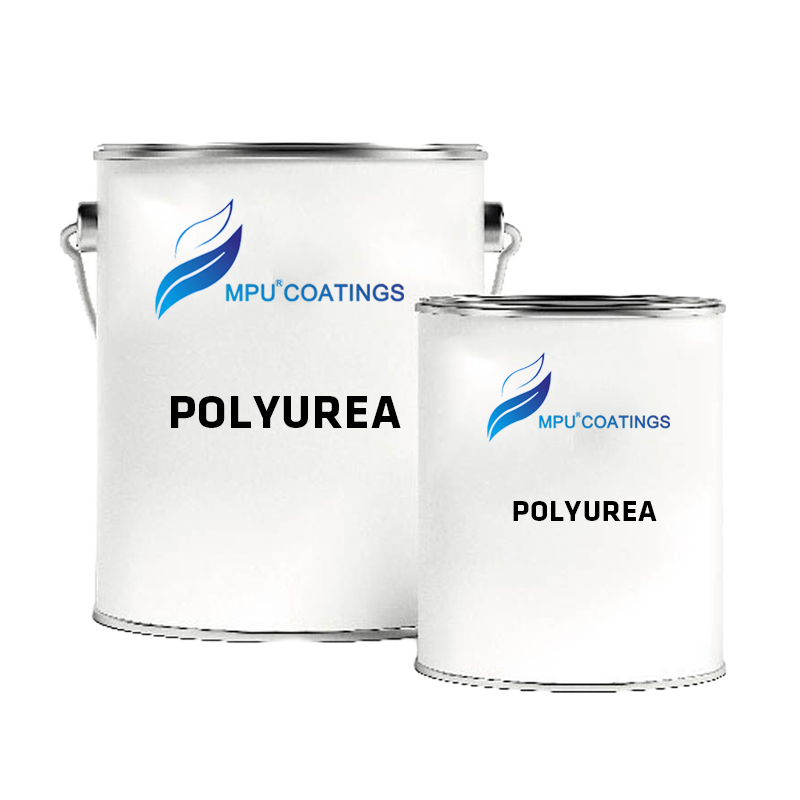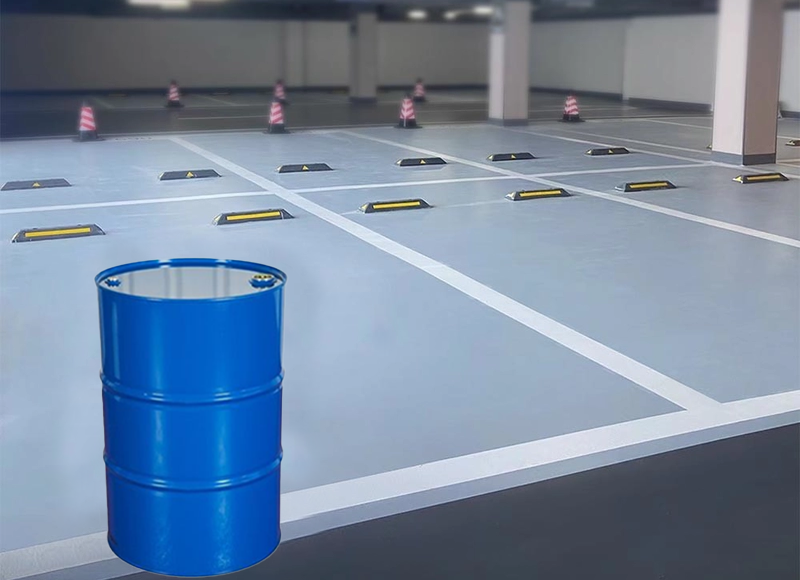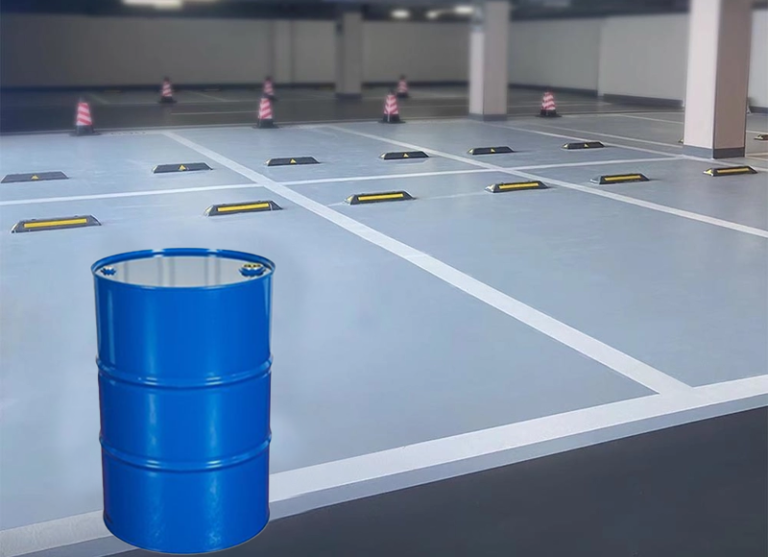Flat Topcoat Polyurea
Definition of Polyurea
Polyurea
Polyurea is a type of synthetic polymer produced by the reaction of a diamine and a diisocyanate, characterized by its urea linkages, rapid curing time, and high durability. It is widely used for its excellent waterproofing and protective properties.

MPU Coating's Self-leveling Polyurea Products

Polyurea
Polyurea is a synthetic polymer formed from the reaction of a diamine with a diisocyanate, creating a urea linkage. Known for its rapid curing time, high strength, and excellent resistance to moisture, chemicals, abrasion, and impact, polyurea is widely used for waterproofing and protective coatings in industrial and commercial applications, such as construction waterproofing, truck bed liners, industrial flooring, and tank linings. It provides a durable, waterproof barrier ideal for harsh environments, distinguishing itself from hybrid polyurea, which lacks the same mechanical properties.
M04T-V - Indoor
Self-leveling polyurea is a high-performance, two-component, 100% solids polymer material used for filling joints, cracks, and expansion gaps in various construction and industrial applications. It is characterized by its ability to flow and settle into a smooth, level surface without manual intervention


M04T - Economic
Self-leveling polyurea is a high-performance, two-component, 100% solids polymer material used for filling joints, cracks, and expansion gaps in various construction and industrial applications. It is characterized by its ability to flow and settle into a smooth, level surface without manual intervention
Features of Self-leveling Polyurea
Polyaspartic polyurea coatings are known for their advanced and desirable properties, making them suitable for a wide range of industrial and commercial applications. Here are the key features:
1. Rapid Curing
- Fast Drying: Can cure in a few hours, reducing project time and downtime.
- Cold Temperature Application: Effective curing in both hot and cold conditions.
2. Durability
- Impact Resistance: Withstands heavy impacts without damage.
- Flexibility: Adapts to substrate movements without cracking.
3. Chemical Resistance
- Resistance to Chemicals: Stands up to oils, solvents, and cleaning agents.
- Corrosion Prevention: Protects metal surfaces from rust and corrosion.
4. UV Stability
- UV Resistant: Does not yellow or degrade when exposed to sunlight.
- Color Retention: Maintains original color and gloss over time.
5. Abrasion Resistance
- Wear-Resistant: Ideal for high-traffic areas due to superior abrasion resistance.
6. Adhesion
- Strong Bonding: Adheres well to various substrates including concrete, metal, and wood.
- Self-Priming: Often does not require a separate primer, simplifying the application process.
7. Aesthetic Versatility
- Customizable Appearance: Available in multiple colors and finishes (clear, matte, glossy).
- Decorative Options: Can incorporate flakes and pigments for decorative purposes.
8. Low VOC Content
- Environmentally Friendly: Low in volatile organic compounds (VOCs), making it safer for indoor use and more environmentally friendly.
9. Ease of Maintenance
- Simple Cleaning: Surfaces can be cleaned easily with mild detergents.
- Stain Resistance: Resists stains from common contaminants like grease and oil.
10. Flexible Application
- Versatile Application Methods: Can be applied using airless spray or by hand brushing.
Looking for a Material Safety Data Sheet? (MSDS / SDS) Click the link to complete a request form.
Polyurea is an elastomer derived from step-growth polymerization, which involves combining a synthetic resin and an isocyanate reactive material. It is renowned for its rapid curing time, durability, and resistance to various environmental factors.
Polyurea is used in a wide range of applications including waterproofing, coatings for pipelines, secondary containment, tank linings, flooring, and protective coatings for concrete and steel structures.
Polyurea offers superior benefits such as faster curing times, greater flexibility, excellent abrasion resistance, and strong chemical resistance compared to traditional materials like epoxy and polyurethane.
Polyurea coatings provide outstanding durability, resistance to chemicals and abrasions, waterproofing capabilities, quick application and curing times, and the ability to adhere to a variety of substrates.
Yes, polyurea can be applied in a wide range of temperatures, from sub-zero to high heat environments, making it versatile for various climatic conditions.
Polyurea has an exceptionally fast curing time, typically ranging from seconds to minutes, allowing for quick project turnaround and minimal downtime.
Polyurea is environmentally friendly as it contains no volatile organic compounds (VOCs), solvents, or other hazardous substances, making it safe for use in sensitive environments.
Polyurea can be applied to numerous surfaces including concrete, steel, wood, and other metals, as well as various types of plastics and foam.
The longevity of a polyurea coating depends on the specific application and environmental conditions but typically, polyurea coatings can last for many years, providing long-term protection and performance.
Polyurea coatings require minimal maintenance. Regular cleaning and periodic inspections for any signs of wear or damage will help ensure the longevity and performance of the coating.
